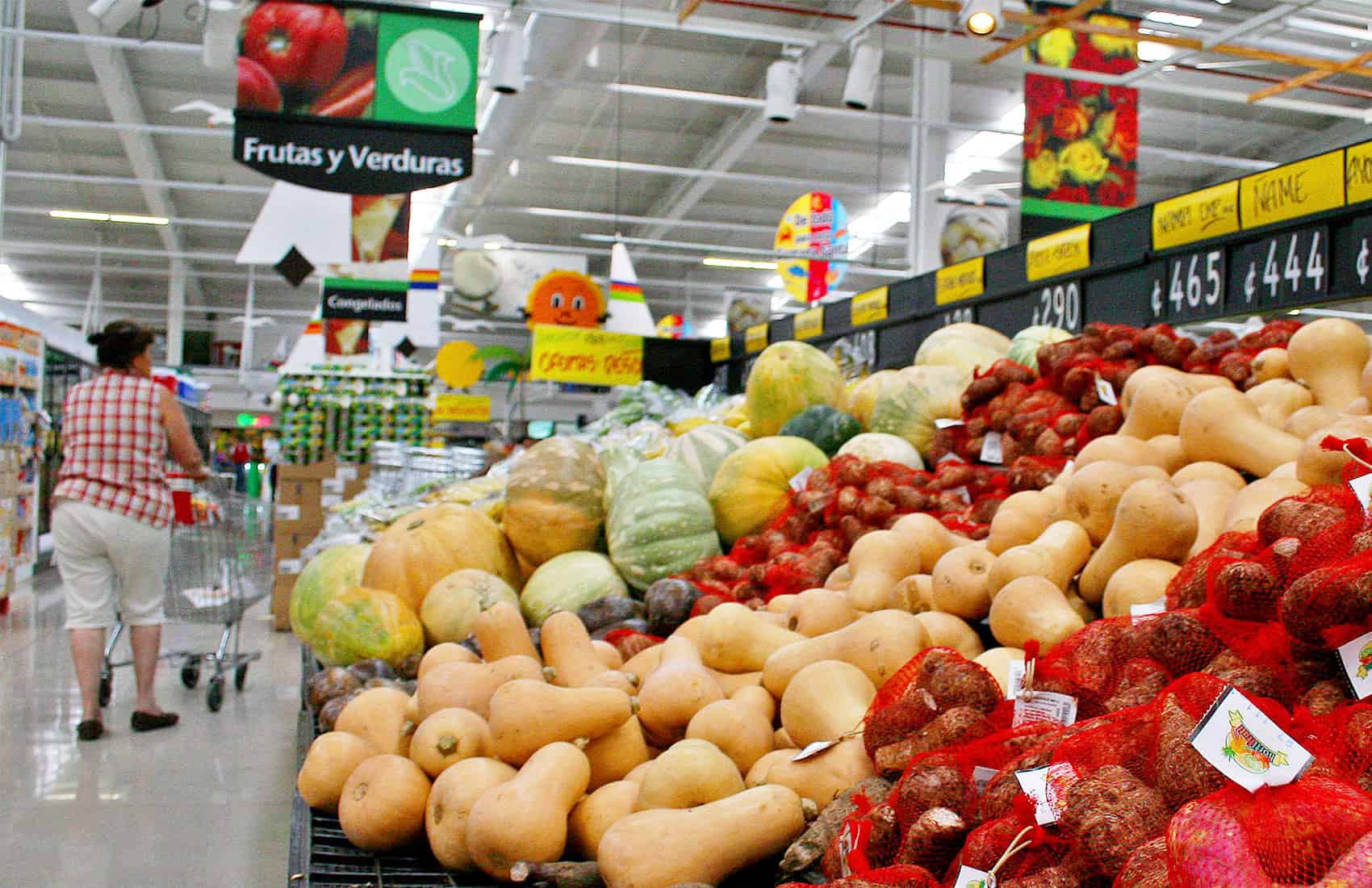Costa Rica’s consumer confidence index (ICC) in May reached 49.8 percent, its highest since February 2011 when it was 50.3, according to a new study by the University of Costa Rica (UCR) released last week.
Data indicate the confidence level is breaking a bearish trend the country has experienced in recent years, according to survey coordinator Johnny Madrigal, from the UCR’s School of Statistics.
Six months ago, the ICC was 37.9 percent, one of the lowest figures in the past four years. However, Madrigal noted that this behavior is typical of post-election periods.
President Luis Guillermo Solís took office on May 8, after winning a runoff election by a landslide on April 6.
“These results are influenced by the electoral period,” Madrigal said. “Whenever there has been a change in government, consumer confidence has increased. But that does not mean it should be perceived as widespread optimism.”
Madrigal said the ICC has improved during the last three changes of administration.
According to the study, the number of people who say they are optimistic about personal finances and the national economy increased in the last six months, from 13.8 to 25.8 percent in May.
Of those surveyed, 31.5 percent believe the country’s economy will improve in the next five years, while six months ago only 16.9 percent held that opinion.
However, the outlook for buying durable goods appears unfavorable, with only 20.8 percent saying now is a good time to buy a home, and just 10 percent saying it is the right time to buy a new car.
Madrigal said the actual impact of the change in government will be measured by the next ICC survey, scheduled for August. Worth noting, he said, is that the first few weeks of Solís’ administration have been affected by a nationwide strike of public school teachers and several increases in fuel prices.
The survey also included a question regarding the economic and social legacy of former President Laura Chinchilla, which prompted mostly negative responses. Only 9.3 percent of those surveyed said the past administration had done a good job, while 62.5 percent said her administration did a poor job.






